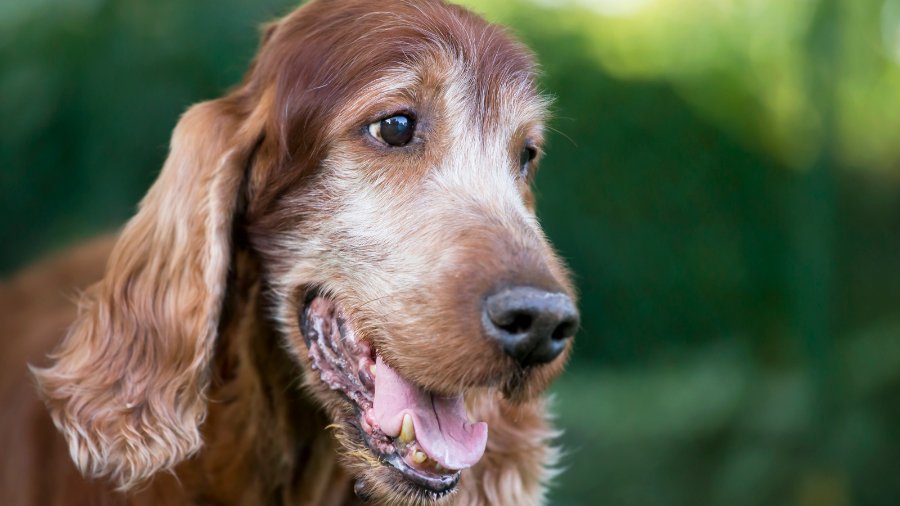Feeding senior dogs: What to consider?

Feeding Your Senior Dog
Feeding senior dogs can be a bit more complicated than feeding younger dogs. As dogs age, their dietary needs change, and it's important to consider these changes in order to keep your senior dog healthy and happy. In this blog post, we'll go over some of the things you should consider when feeding your senior dog, including changes in appetite, nutrient needs, and food choices.
One of the first things to consider when feeding a senior dog is their appetite. As dogs age, their metabolism slows down, which can lead to weight gain. Additionally, older dogs may experience a decline in their sense of smell and taste, which can make food less appealing to them. To help keep your senior dog at a healthy weight, it's important to monitor their food intake and adjust their portion sizes as needed. You may also want to try offering them more flavorful foods, such as wet food or food with added spices, to stimulate their appetite.
Another important consideration when feeding a senior dog is their nutrient needs. As dogs age, they may become more prone to certain health conditions, such as arthritis, heart disease, and kidney disease. To help support your senior dog's health, it's important to make sure their diet is rich in the nutrients they need. For example, older dogs may benefit from a diet that is high in protein and low in fat, as well as one that includes antioxidants and omega-3 fatty acids to support their joints, heart and brain.
When it comes to food choices for senior dogs, there are a few different options to consider. Some senior dogs may do well on a specialized senior diet, which is formulated specifically for older dogs and may include ingredients like glucosamine and chondroitin to support joint health. Other senior dogs may do well on a diet that is formulated for weight management, as older dogs are more prone to weight gain. It is always important to check with your veterinarian about which diet is best for your senior dog, as different dogs have different nutritional needs.
Homemade Food
Another option to consider is homemade food, which allows you to have full control over the ingredients and can also be adjusted to your senior dog's specific needs. Homemade food can be made with fresh ingredients and can include a variety of fruits and vegetables. It's important to make sure to include a balanced source of protein like chicken, fish or lean meat.
It's also important to keep in mind that as dogs age, they may become more prone to dental problems, such as tooth decay and gum disease. To help support your senior dog's dental health, you may want to consider switching to a soft food or a kibble that is formulated to support dental health.
"As our dogs age, their nutritional needs change. It's important to adjust their diet to ensure they get the right balance of nutrients to keep them healthy and happy in their golden years"
In conclusion, feeding a senior dog requires a bit more consideration than feeding a younger dog. It's important to monitor your senior dog's appetite and adjust their portion sizes as needed, make sure their diet is rich in the nutrients they need, and consider switching to a specialized senior diet or a diet formulated for weight management. Additionally, consider homemade food options, and always consult with your veterinarian before making any changes to your senior dog's diet. By following these guidelines, you can help ensure that your senior dog stays healthy and happy in their golden years.






If you have a cat this is a must have
Perfect size and great for the raised tilted bowl eaters
love the color looks just like the picture
high quality and looks great in my home
this is how undestrutible it is. Very disappointing